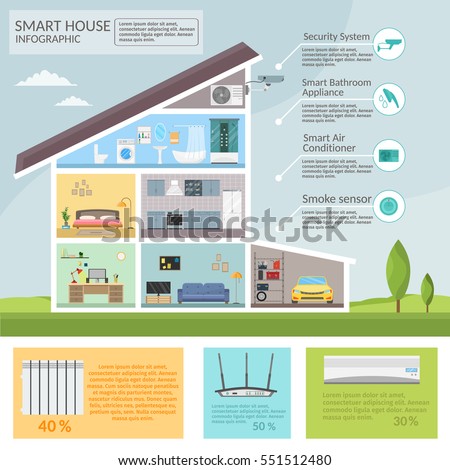The Future Of Home Heating - Just How Heat Pump Technology Is Progressing
The Future Of Home Heating - Just How Heat Pump Technology Is Progressing
Blog Article
Writer-Fraser Stack
Heatpump will certainly be an essential technology for decarbonising heating. In a situation consistent with federal governments' revealed energy and environment commitments, their international capacity doubles by 2030, while their share in heating rises to one-quarter.
They function best in well-insulated homes and rely upon electrical power, which can be provided from an eco-friendly power grid. Technical developments are making them a lot more efficient, smarter and more affordable.
Gas Cells
Heatpump make use of a compressor, refrigerant, coils and followers to relocate the air and warmth in homes and devices. They can be powered by solar energy or electrical energy from the grid. They have been gaining appeal because of their inexpensive, peaceful procedure and the capability to produce electrical power throughout peak power demand.
Some business, like IdaTech and BG MicroGen, are working on fuel cells for home heating. These microgenerators can change a gas boiler and produce several of a house's electrical requirements with a link to the electrical power grid for the rest.
But there are factors to be skeptical of using hydrogen for home heating, Rosenow says. ducted heat pump systems would be costly and inefficient compared to other modern technologies, and it would include in carbon discharges.
Smart and Connected Technologies
Smart home modern technology allows property owners to link and manage their tools from another location with making use of smartphone apps. For example, wise thermostats can discover your heating preferences and automatically get used to maximize power intake. Smart illumination systems can be controlled with voice commands and immediately turn off lights when you leave the space, lowering energy waste. And smart plugs can check and manage your electrical usage, permitting you to recognize and restrict energy-hungry home appliances.
The tech-savvy house depicted in Carina's interview is a good image of how passengers reconfigure space home heating methods in the light of new clever home technologies. They count on the tools' computerized attributes to perform everyday changes and regard them as a practical methods of performing their heating practices. Thus, they see no factor to adjust their techniques even more in order to enable flexibility in their home power demand, and treatments targeting at doing so might face resistance from these houses.
Electrical energy
Since warming homes accounts for 13% people discharges, a button to cleaner choices can make a large difference. However the modern technology deals with obstacles: It's expensive and calls for substantial home renovations. And it's not always compatible with renewable resource resources, such as solar and wind.
Until recently, electric heat pumps were also costly to compete with gas versions in the majority of markets. But heat pump cleaning upper hutt -new developments in layout and materials are making them extra budget friendly. And far better cool environment efficiency is allowing them to function well also in subzero temperature levels.
cheap heat pump in decarbonising heating may be using warm networks, which attract warmth from a main source, such as a neighboring river or sea inlet, and disperse it to a network of homes or buildings. That would certainly minimize carbon discharges and permit households to capitalize on renewable resource, such as environment-friendly electricity from a grid supplied by renewables. This option would be less costly than switching to hydrogen, a fossil fuel that calls for brand-new framework and would only minimize carbon dioxide discharges by 5 percent if paired with boosted home insulation.
Renewable resource
As electrical power prices go down, we're starting to see the exact same trend in home heating that has driven electrical automobiles into the mainstream-- yet at an also quicker rate. The strong climate situation for impressive homes has been pushed further by new research study.
Renewables account for a substantial share of modern-day warm consumption, but have been provided minimal policy attention globally compared to other end-use markets-- and also much less attention than electrical power has. Partially, this shows a mix of consumer inertia, split incentives and, in several nations, aids for fossil fuels.
New innovations could make the change simpler. As an example, heatpump can be made extra energy efficient by replacing old R-22 cooling agents with new ones that do not have the high GWPs of their precursors. click here now that draw warmth from a nearby river or sea inlet, like a Norwegian fjord. The cozy water can after that be utilized for heating & cooling in a community.